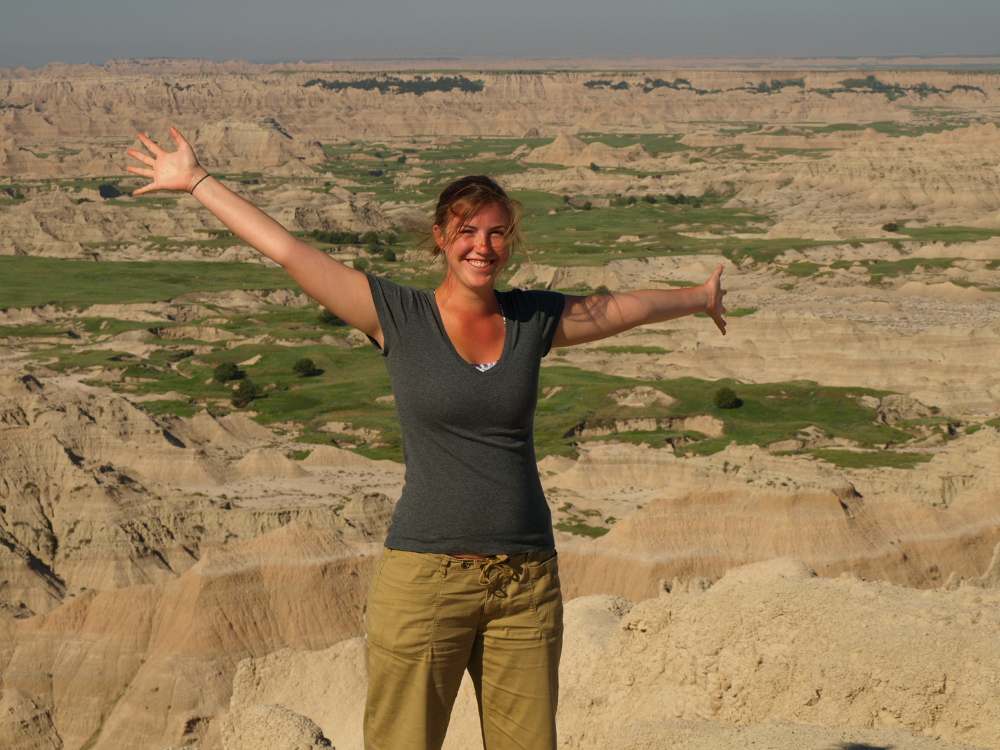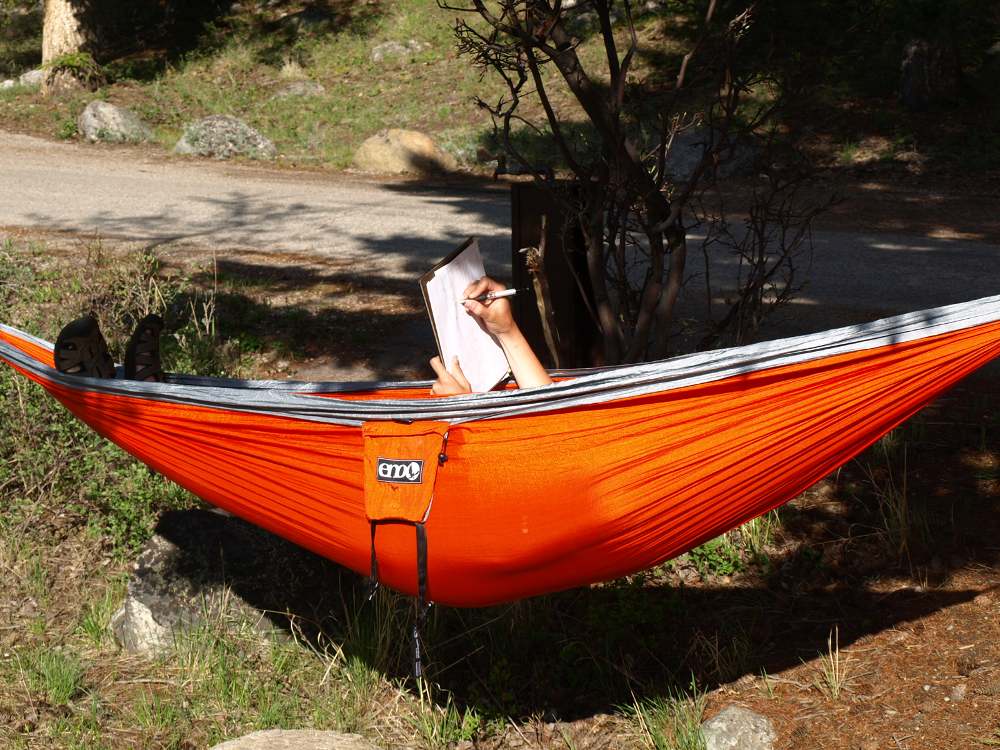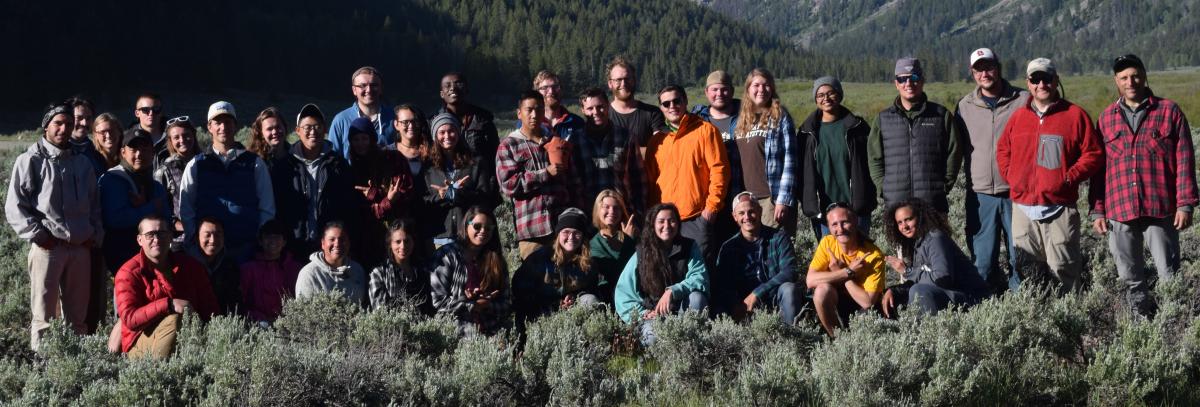Lehigh University Field Camp
Field camp group photo in Wildhorse Valley, Idaho, June 25, 2018.
We are a selective, comprehensive, intellectually and physically challenging program that uses The Northern Rockies, Bighorn Basin, Tetons, Yellowstone, Montana and Idaho as our natural laboratory. Our camp meets or exceeds educational standards as reported by AGI and meets the requirements of many state professional geologist licensure accreditation, including those for the Commonwealth of Pennsylvania.
We are looking forward to a great summer in 2024! Hope you can join us!
APPLY / REGISTER FOR THE 2024 CAMP
The camp registration page opened on November 15, 2023.
DATES FOR PLANNING PURPOSES
Camp begins: Tuesday, May 28, 2024, 4 pm at Lehigh OR Wednesday, May 29, Youngstown, Ohio, OR Thursday, May 30, Chicago O'Hare airport
Note that a set of preparatory activities need to be completed virtually before departure. These activities will familiarize the class with the sites we visit and become versed with the electrionic tools we'll use. While we think the activities will take about 10 days to complete, they will be available mid-spring so you may complete them at your own pace.
Note that you can fly into and out of the camp if you live outside of driving distance to Lehigh's campus.
Credits: 6
Venue: Combination of traveling and camping.
Cost: $4,500
Course Syllabus and Schedule: Field Camp Syllabus and Schedule 2024 (updated Nov 15, 2023)
Google Earth Tour: LUFieldCampTour.kmz
Equipment: Detailed Equipment Guidance and Checklist
FAQ: Answers to frequently asked questions
Eligibility: Lehigh students and students from other academic institutions who meet the prerequisites given below. We usually have strong representation from instutitions other than Lehigh.
Lehigh Field Camp is committed to diversity, welcomes and encourages applications from all students, including members of under-represented groups.
The course starts with a few basic exercises, but quickly accelerates so you learn as much as possible in the complex and challenging places we visit. For this reason, we like seeing the following pre-requisite courses, or alternate experiences:
(1) Introduction to Earth and Environmental Sciences, such as Physical Geology, Ecology, or Terrestrial Ecosystems
(2) Earth Materials or Mineralogy or Petrology or Crystallography
(3) Sedimentology-Stratigraphy or Geomorphology or Surface Processes or Historical Geology or Introduction to Field Mapping
(4) Structural Geology or Engineering Mechanics or Introduction to Field Mapping, or several lab experiences making field observations.
However, each school is different, and some of this material is embedded in other courses. If you do not meet one or more of these prerequisites, please include a short statement in your application that explains how you have the background knowledge needed to complete the course. Junior or Senior standing is typical, though not required. We generally find that most students come very well prepared to camp.
If you have questions about the prerequisites or the topics we cover, please contact the field camp director.

Lehigh Field Camp (EES 341) is a selective program that offers motivated Earth Scientists an opportunity at intensive field training and discovery in the incredible natural laboratory of the Rocky Mountains. The curriculum is designed to meet the field camp requirements of most undergraduate Geological Science B.S. degrees. We recognize that the sharpest minds benefit from a well-rounded exposure to related fields of inquiry, such as Environmental Science, Hydrogeology, Terrestrial Ecology, and Sustainability.
Lehigh Field Camp teaches aspiring Geoscientists and Environmental Scientists the following things:
- It is a big country (world), Earth Systems are complex, interrelated, and have pretty profound impacts on people and societies.
- Generally useful geologic and environmental taxonomy and vocabulary.
- Scale and how to estimate it.
- How to make good and interpretable observations.
- The Geosciences are central to addressing energy, water, climate, food, and sustainability issues.
- An important and productive part of science and life is learning to work with other people.

Lehigh Field Camp teaches aspiring Geoscientists and Environmental Scientists the following skills:
- Sedimentology, stratigraphy, section measuring, basics of sequence stratigraphy.
- Quaternary Geology and glacial geology.
- Geomorphology, landforms, soils.
- Surface processes, process sedimentology.
- Structural geology and use of field structural data.
- Map patterns and kinematics of folded, thrust-faulted, and normal-faulted rocks.
- Metamorphic and igneous petrology; volcanic rocks, crystalline rocks.
- Geology of North America and Tectonics of the Rocky Mountains.
- Basic and advanced mapping skills; Electronic mapping with iPad and GIS.
- Computer-based field data collection and reduction.
Lehigh Field Camp promotes learning based on discovery. Our travel in the northern Rockies includes visits to several National Parks and is a unique part of our learning experience. The student discovers their country, matures into a Geologist / Environmental Scientist, lays the foundation for professional employment or graduate school, and makes lasting friendships.
Contact
For additional information please contact:
Dr. Stephen Peters,Field Camp Director
Email: scp2@lehigh.edu | Phone: (610) 758 - 3957
Mrs. Jillian Jacoby, Department Coordinator
Email: jij422@lehigh.edu | Phone: (610) 758 - 3660
Mailing address:
Department of Earth and Environmental Sciences, Lehigh University
1 W Packer Ave Bethlehem, PA 18015-3001



